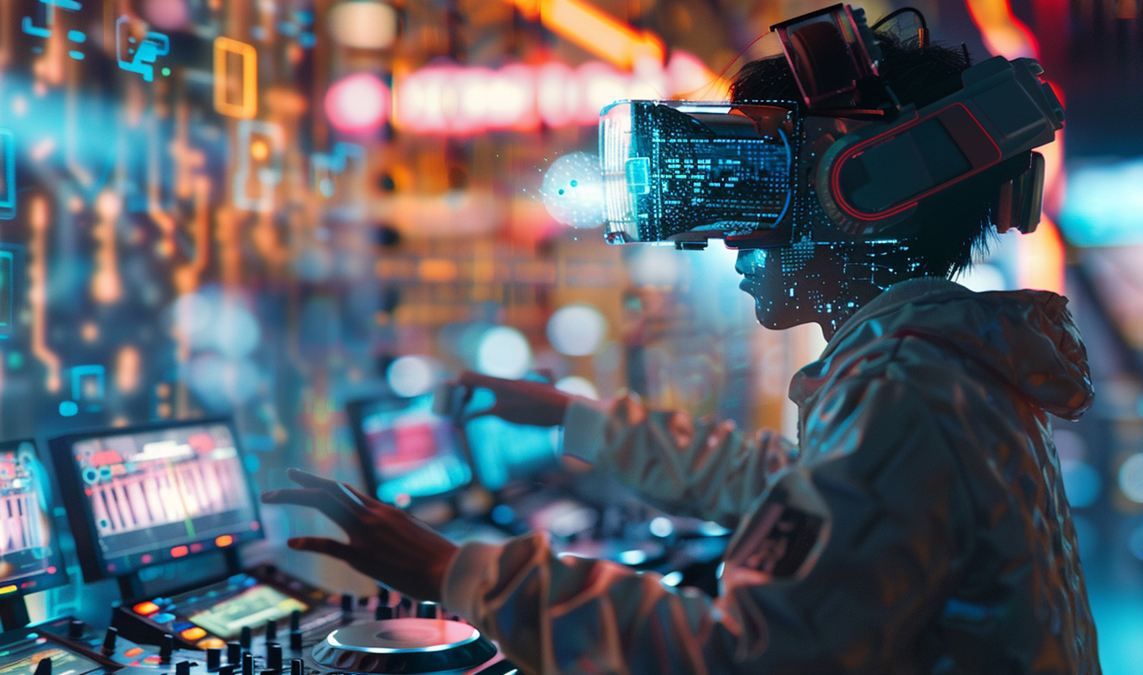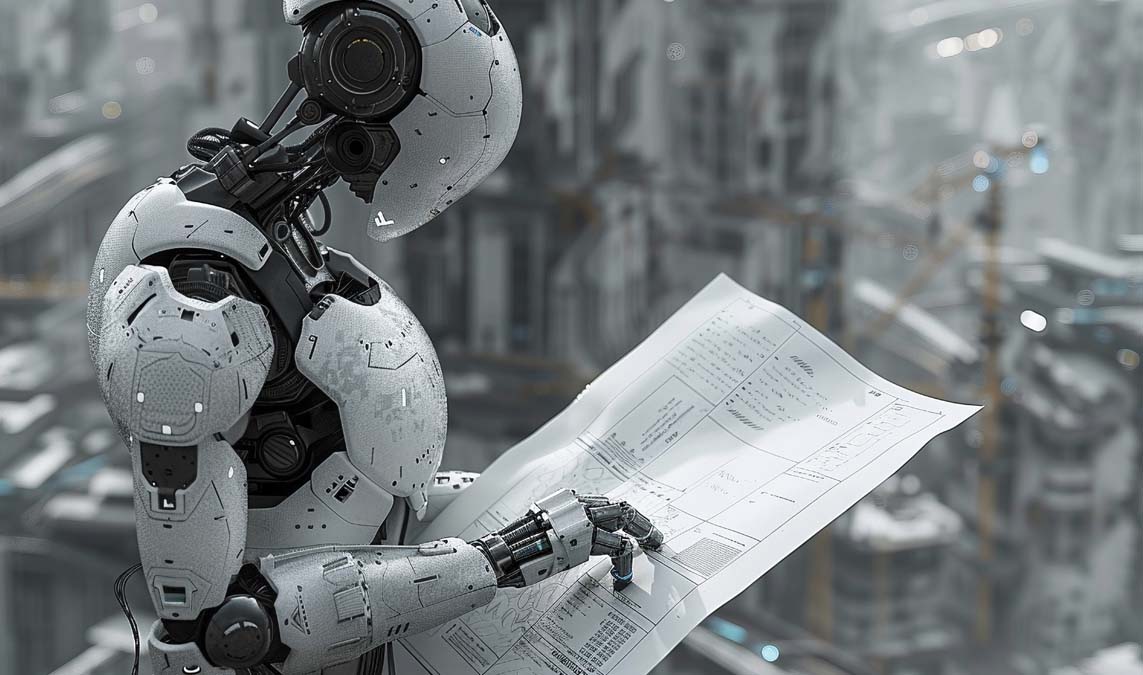In the age of digital transformation, AI predict tools are reshaping how businesses operate, make decisions, and plan for the future. Predictive artificial intelligence (AI) is no longer just a futuristic concept; it is actively used across industries to forecast trends, anticipate customer needs, and improve efficiency. From finance and healthcare to retail and logistics, AI-driven prediction models are helping organizations stay ahead of the competition.
What Is AI Predict Technology?
AI predict refers to the use of artificial intelligence to analyze large datasets and forecast future outcomes. This can include predicting stock prices, customer churn, medical diagnoses, weather patterns, and more. These predictive models rely on machine learning, deep learning, and statistical algorithms to detect patterns that humans might miss.
Moreover, AI prediction systems continuously learn from new data, which enhances their accuracy over time. This adaptability makes them invaluable in environments where conditions change rapidly.
Why It's a Game-Changer
Predictive AI goes beyond traditional data analytics. While standard analytics explain what has happened, AI predict tools focus on what is likely to happen next. Therefore, businesses can make proactive, rather than reactive, decisions.
For example, instead of waiting for customer complaints to identify product issues, companies can use AI to predict which products are most likely to fail. As a result, they can address problems before they escalate.
Real-Time Forecasting
One of the most significant advantages of AI systems is real-time forecasting. Businesses can react to changing conditions instantly. Whether it’s monitoring traffic flows in smart cities or managing supply chains during unexpected disruptions, AI provides the tools to adapt swiftly.
Increased Efficiency and Cost Reduction
By automating prediction processes, companies reduce the need for manual analysis. Consequently, they save both time and money. AI systems can evaluate millions of data points in seconds—something that would take human analysts days or even weeks.
AI Predict in Healthcare
Healthcare is one of the most promising fields for AI technology. Hospitals and clinics are using AI to forecast disease outbreaks, predict patient deterioration, and streamline diagnostics.
For instance, AI algorithms can analyze electronic health records to predict which patients are at risk for complications. As a result, doctors can intervene early and potentially save lives. In addition, predictive models help manage staffing needs, ensuring hospitals are never under- or over-staffed.
Furthermore, AI predict tools support medical research by identifying trends in treatment outcomes, making it easier to develop effective therapies.
Effect On Finance
The finance industry has always relied heavily on forecasting. However, traditional methods have their limitations. AI models bring more accuracy and speed to tasks like credit scoring, fraud detection, and investment analysis.
Banks can now use predictive AI to determine the likelihood of a customer defaulting on a loan. Similarly, investment firms use it to forecast market movements and optimize portfolios. Importantly, these models can identify anomalies in real time, which is essential for combating financial fraud.
Additionally, with the rise of algorithmic trading, AI predict systems are becoming vital to making split-second decisions that impact millions of dollars.

AI Predict in E-Commerce and Retail
Retailers leverage AI tools to enhance customer experience and boost sales. By analyzing browsing behavior, purchase history, and social media interactions, AI can predict what a customer is likely to buy next. This allows for highly personalized marketing campaigns and product recommendations.
Beyond marketing, predictive AI helps retailers manage inventory, forecast demand, and set competitive prices. These insights reduce waste, increase profits, and improve customer satisfaction.
AI Predict in Manufacturing and Logistics
In manufacturing, AI technology plays a pivotal role in predictive maintenance. Instead of scheduling maintenance based on time intervals, AI forecasts when a machine is likely to fail. Thus, companies can prevent costly downtime and extend equipment life.
In logistics, AI helps optimize routes and predict delivery delays. This leads to faster deliveries and better resource allocation. Additionally, supply chain disruptions can be anticipated and mitigated before they cause significant damage.
Challenges of AI Predict Technology
Despite its potential, AI predict technology faces several challenges. One major issue is data quality. Predictive models are only as good as the data they’re trained on. Incomplete or biased datasets can lead to inaccurate forecasts.
Moreover, there are ethical concerns regarding privacy, especially when AI is used to predict human behavior. Transparent data handling and robust ethical frameworks are essential to building trust in AI predict systems.
Another concern is the “black box” nature of some AI models, where users can’t easily understand how decisions are made. This lack of transparency can be problematic in fields like healthcare and law, where explanations are necessary.
The Future of AI Predict Technology
Looking ahead, AI systems will become even more advanced, accurate, and accessible. As computing power increases and data becomes more plentiful, AI models will gain deeper insights into human behavior, market dynamics, and environmental trends.
Governments are beginning to invest in predictive AI for urban planning, disaster response, and public health. In parallel, businesses are embedding AI predict tools into everyday operations, making them a standard part of digital infrastructure.
Additionally, as AI becomes more interpretable, trust in its predictions will grow, enabling wider adoption across sensitive sectors.
Conclusion
From forecasting customer behavior to anticipating critical failures in machines, AI technology is transforming how we plan and act. By leveraging predictive intelligence, organizations can stay competitive, reduce risks, and provide better services. While challenges remain, the potential benefits far outweigh the drawbacks.
As industries continue to embrace AI-driven forecasting, the question is no longer whether to use AI tools—but how soon you can start.







